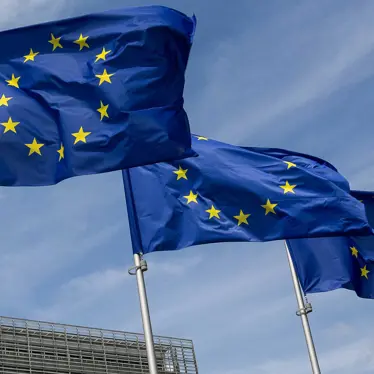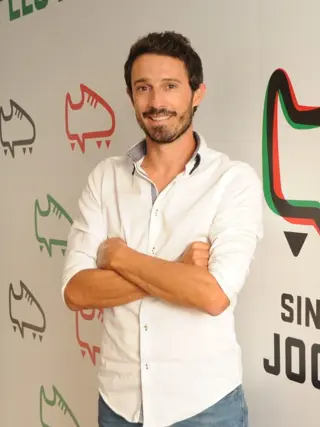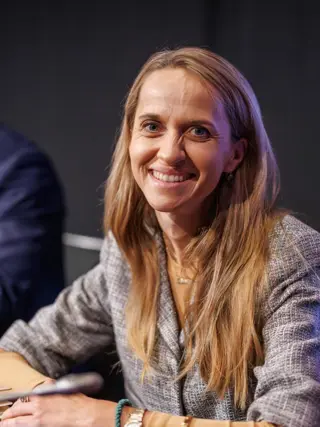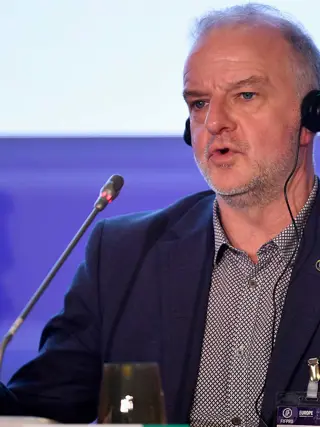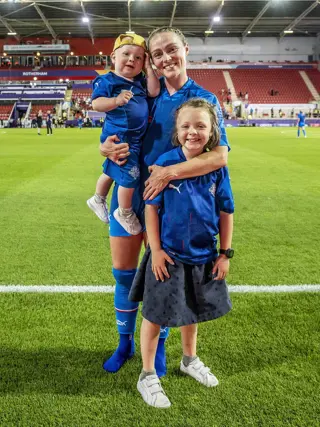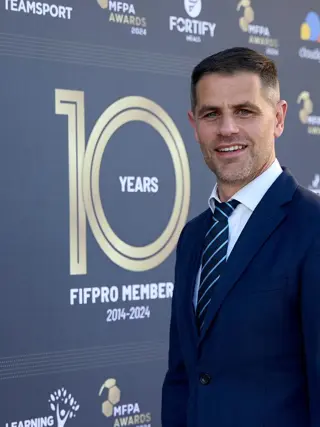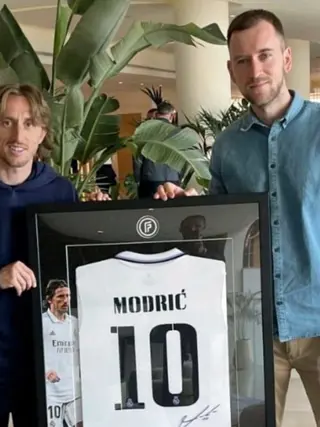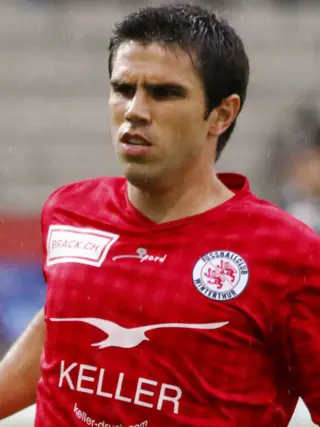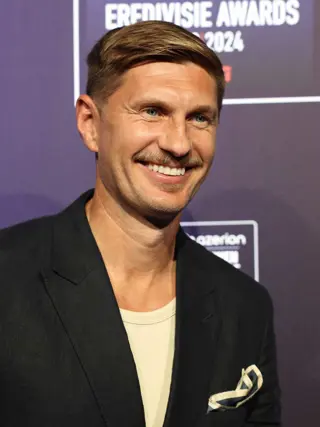FIFPRO Division Europe
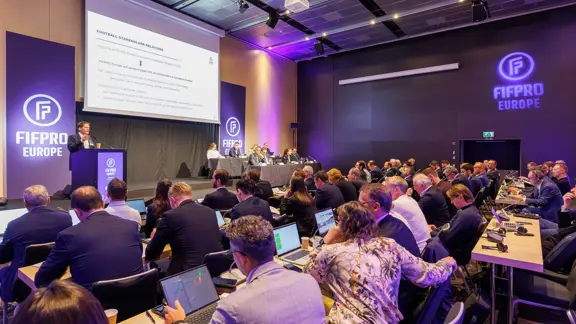
Serving Europe's Players
FIFPRO Europe works to elevate players’ employment conditions across men’s and women’s football in Europe. FIFPRO Europe consists of 36 member unions; it engages UEFA and European football stakeholders such as leagues, clubs and fans on workplace issues in order to safeguard the working rights and interests of football players across Europe.
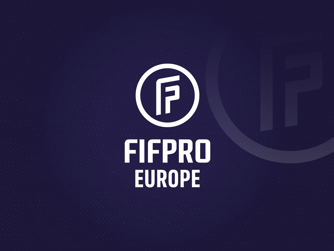
FIFPRO Europe Leadership
Joachim Walltin – General Secretary
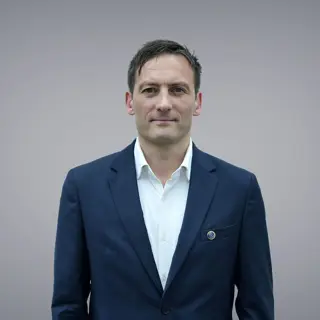
David Terrier – President
FRA
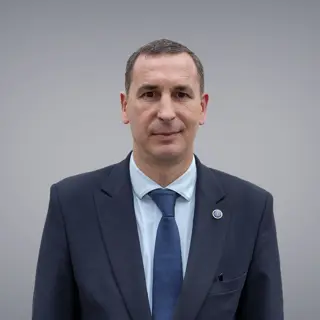
Mila Hristova – Vice President
BUL

Spyros Neofytides – Vice President
CYP
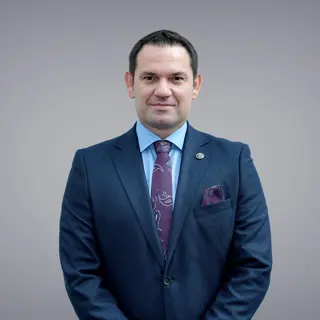
Mehmet Gokturk Aslan – Board Member
TUR
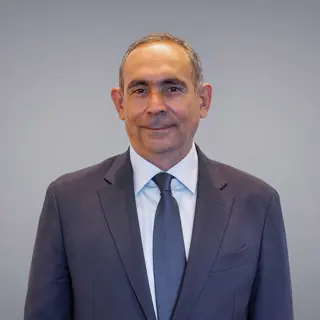
Carlo Mamo - Board Member
MLT
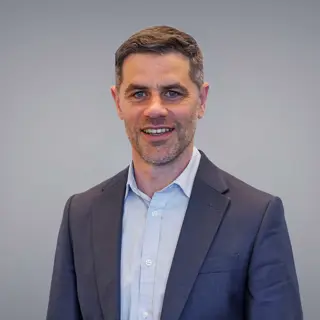
Maheta Molango – Board Member
ENG
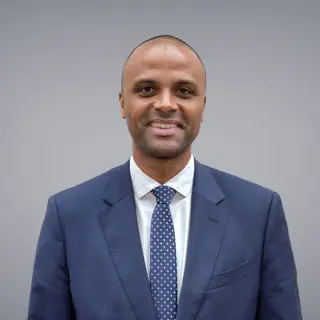
Marketa Haindlova – Board Member
CZE
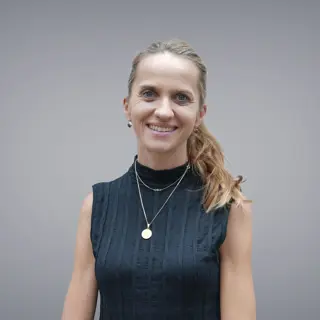
Karin Sendel – Board Member
ISR

Fraser Wishart – Board Member
SCO
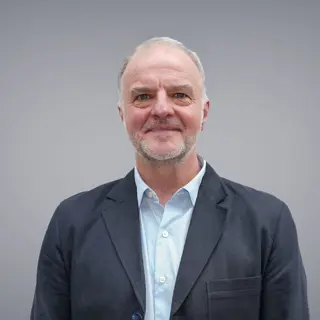
Statistics
- 36
FIFPRO Europe Unions
- 38,000+
Footballers Represented
FIFPRO Europe Member Unions

FIFPRO Europe Statement: European Parliament’s Education & Culture Committee vote on European Sport Model report
FIFPRO Europe Latest
European football unites behind key principles of the football transfer system and its reform
Read moreFootballers left homeless after Serbian club goes five months without paying wages
Read moreFIFPRO Europe hosts working lunch on decent jobs and fundamental rights in football
Read moreLassana Diarra seeks rightful damages following CJEU victory
Read moreFIFPRO Europe: Reaction to class action announced by Dutch foundation Justice for Players
Read moreUEFA, supported by FIFPRO Europe, announces launch of groundbreaking joint study on player load
Read moreEuropean football stakeholders discuss player-facing issues at FIFPRO Europe General Assembly
Read more
